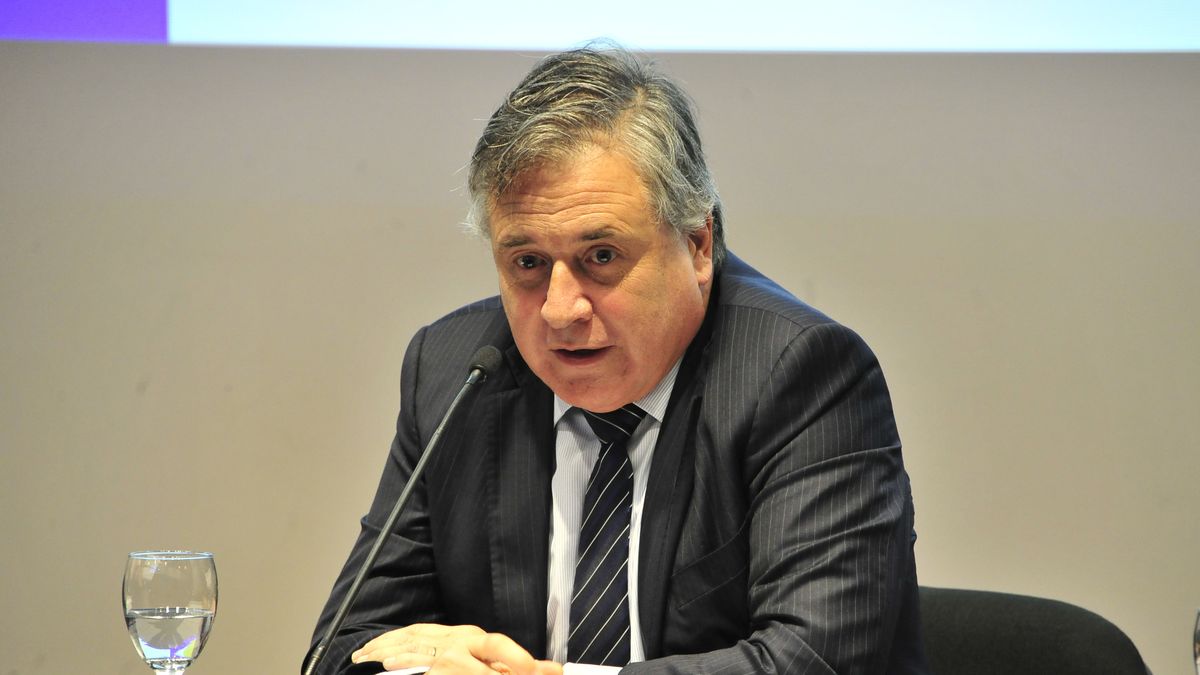The former minister of Industry, Energy and Mining (MIEM) Omar Paganini attended yesterday Executive Tower to sign the documents corresponding to his assumption as the new head of the Ministry of Foreign Affairs of Uruguay after the departure of Francisco Bustillo for the Marset scandal. There, there are already several challenges that must be faced: investments, opening of markets and promotion of initiatives that were started in the previous administration are the main ones.
Paganini arrived at a Foreign Ministry shaken by the scandal surrounding the delivery of the passport to the drug trafficker Sebastian Marset; but also highly questioned for its few achievements in terms of opening markets and improving trade conditions with the partners it already has. Uruguay, especially considering that this issue was built as one of the reformist pillars of the current government.
In this scenario, the former head of the MIEM—whose place he assumed Elisa Facio— The transition from one ministry to another began. He described the task ahead as “quite a challenge,” because “there is a lot to do and also at a very special time in the world, where there are many events to take into account. I think that teamwork is going to be the key in the Foreign Ministry,” said Paganini.
What are the challenges you will have to face in the short term?
As he himself explained after his formalization as head of the Ministry of Foreign Affairs, Paganini intends to focus his management on seeking opportunities, attracting investments and opening markets, to continue with the positioning of Uruguay in the world.
Along these lines, the new chancellor will seek to position the country as a regional innovation hub—a task that he also promoted from the MIEM—and as a leadership and support role for a special program, he will promote the Alliance for Economic Prosperity in the Americas (APEP)the international forum created by the president of United States Joe Biden and in which the president participated Luis Lacalle Pou last week – in fact, I was at the APEP summit when the Marset scandal broke.
The immediate challenge is to continue preparing for the trip that Lacalle Pou will make to China next November 21, with the special peculiarity that this official mission may be the last attempt to relaunch the negotiations for the signing of the Free Trade Agreement (FTA) bilateral with the Asian giant, despite the fact that it seeks a regional agreement with the entire bloc Mercosur.
In this regard, Paganini pointed out that one of the goals of the trip is “deepen the business relationship looking for all the alternatives that may be available”, thus realizing the difficulties that the government already warns in continuing the desired route. The new chancellor recalled that China is the main destination for Uruguayan exports. The intention is to open the market, advance specific agreements linked to some products and attract investments. “We hope to be able to move forward more general level” with China, he said.
On the immediate front there is also the agreement Mercosur-European Union (EU)an initiative in which the government does not have much optimism either.
Meanwhile, Uruguay is also seeking to enter the Trans-Pacific Partnership (CPTPP)the alternative that the authorities see as having the most opportunities and on which diplomatic efforts are likely to be concentrated after the trip to China—and according to the results obtained in Asia.
Although this particular task was entrusted to the vice chancellor Nicolas Albertoni —ratified in his position by the president—, as the new representative of the Foreign Ministry, Paganini must also work actively to offer a good image with the members of the treaty in order to advance some positions on the waiting list and accelerate the approval of Uruguay.
Source: Ambito




